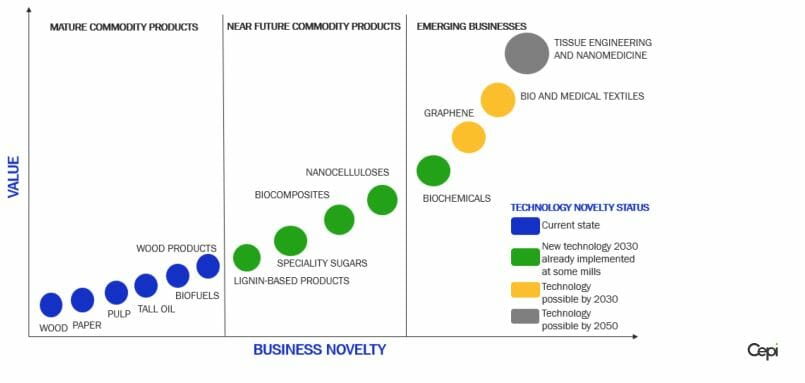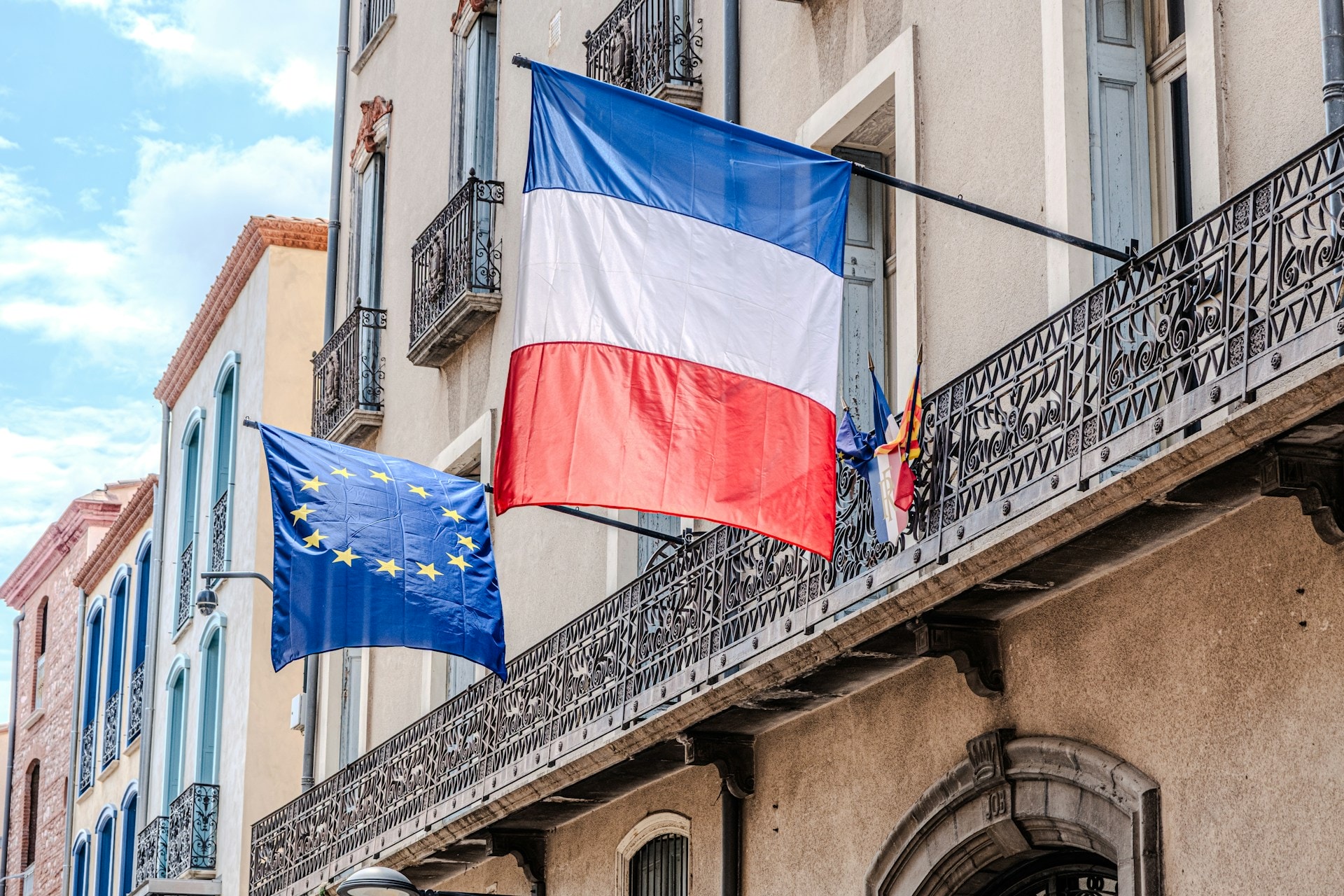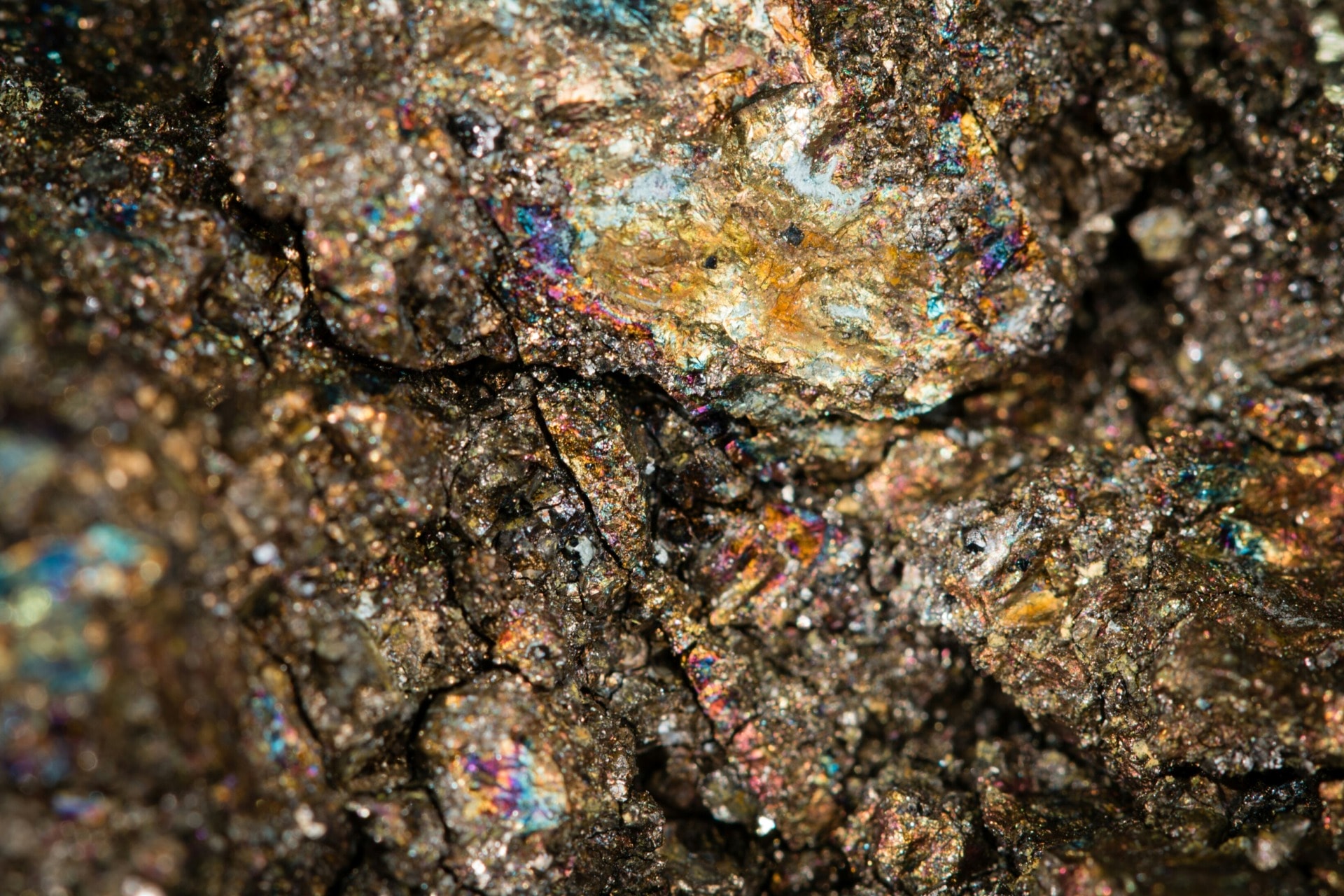On Friday, December 10th, CEPI – The Confederation of European Paper Industries – launched its Sustainable Product Pledge. In short, with this pledge, CEPI embraces European Union’s plan to make Europe the first climate-neutral continent by 2050 and to help create a European circular economy model.
CEPI and its members commit to making the pulp and paper industry the most competitive provider of sustainable solutions for a climate-neutral Europe by 2050. The Sustainable Product Pledge highlights the members’ commitment, their intention to be part of the green transition and make long-term investments in the circular economy.
The Sustainable Product Pledge includes three pillars and sixteen pledges for the green transition.
The Three Pillars Of The Sustainable Product Pledge
1- Achieving full circularity performance for paper-based products and packaging.
CEPI’s ambition is to promote a circular economy. It will do so by endorsing new guidelines on improving recyclability, separate collection, sorting and recycling systems, and product design. The goal is to increase paper recycling – up to 76% by 2030
Another goal of the first pillar is adopting packaging design guidelines. The idea is to have 100% paper-based products and packaging that could be recyclable and reusable where it’s possible.
2 – Accelerating innovation for the development of alternatives to replace fossil-based materials.
CEPI’s ambition is to lower dependency on fossil-based materials and in its members’ processes. Members will start by offering alternatives to plastic packaging with the goal to replace at least 25 % of them with paper-based products.
CEPI’s members will also begin phasing out fossil-based plastics in paper-based packaging and fossil-based plastics in packing products.
Another goal of the second pillar is to accelerate the shift towards more responsible use of resources and materials. It will be possible by optimizing packaging design without compromising functionality.
RELATED ARTICLES: One’s Waste, Another’s Treasure: An Interview With Episome Biotech | Eco-Friendly Innovations and Trends: Not Always as Green as They Seem | The World Needs to Wake Up: At Risk the Survival of Humanity | 10 Major Companies Responsible for Deforestation | Five Alternatives to Plastic Food Containers | Plant-based Plastic Bottles to Become the New Normal |
3 – Ensuring responsible sourcing for paper-based products and packaging.
CEPI’s goal is to ensure that all wood – and market pulp – the European pulp and paper industry uses for products originates from sustainable sources. Wood and market pulp will be sourced from countries in which national forests and legislation allow sustainable forest management.
Another interesting goal of the third pillar is the idea of processing wood and residues from areas disturbed by natural disasters. This is an excellent solution to avoid additional damages and the loss of raw material. It could also help ensure a rapid regeneration of forest and forest adaptation to climate change.
CEPI expects the EU’s Green Deal to provide regulatory support for fiber-based solutions and the sustainable use of renewable materials. Its Sustainable Pledge shows that the members are willing to support and collaborate for the Green transition. Still, the synergy of circular and bio-economy should be better taken into account throughout different EU policies.
CEPI believes in the benefits of the “green” transition. Furthermore, they think that renewable materials, if coming from healthy and growing forests, offer environmental, economic, and social benefits.
Could this initiative be replicated in other sectors? We do hope so. The road to Climate Neutral and Circular Europe has just started.
Editor’s Note: The opinions expressed here by Impakter.com columnists are their own, not those of Impakter.com















